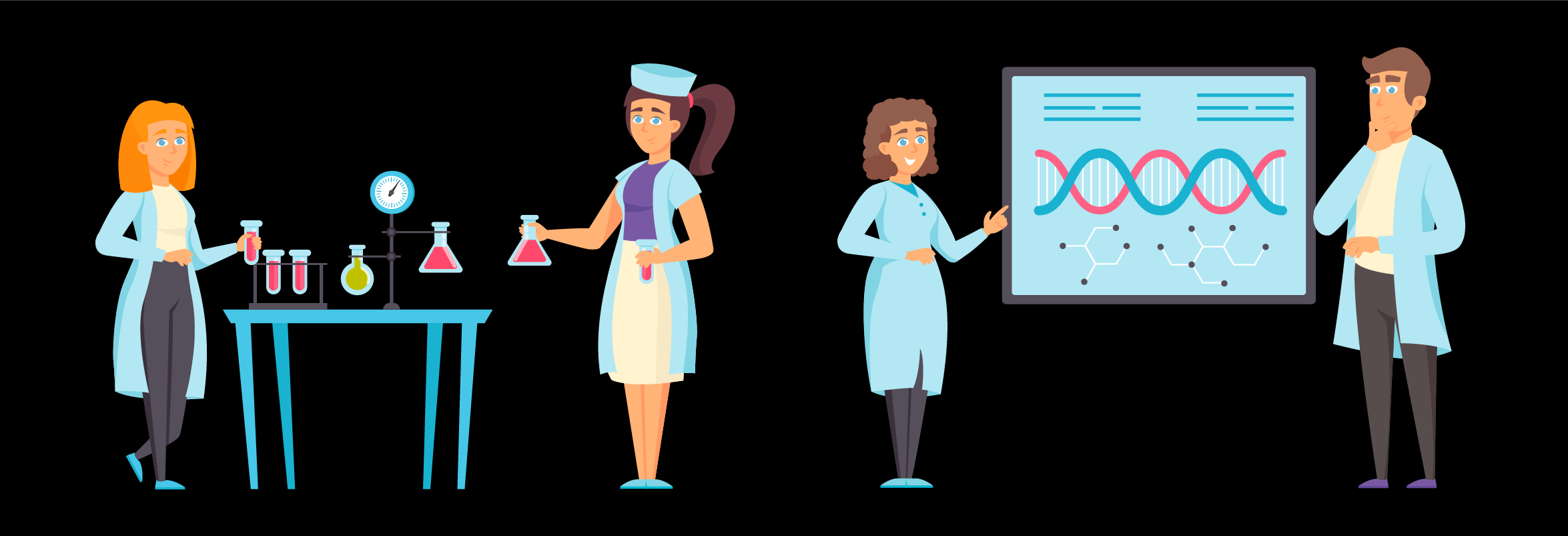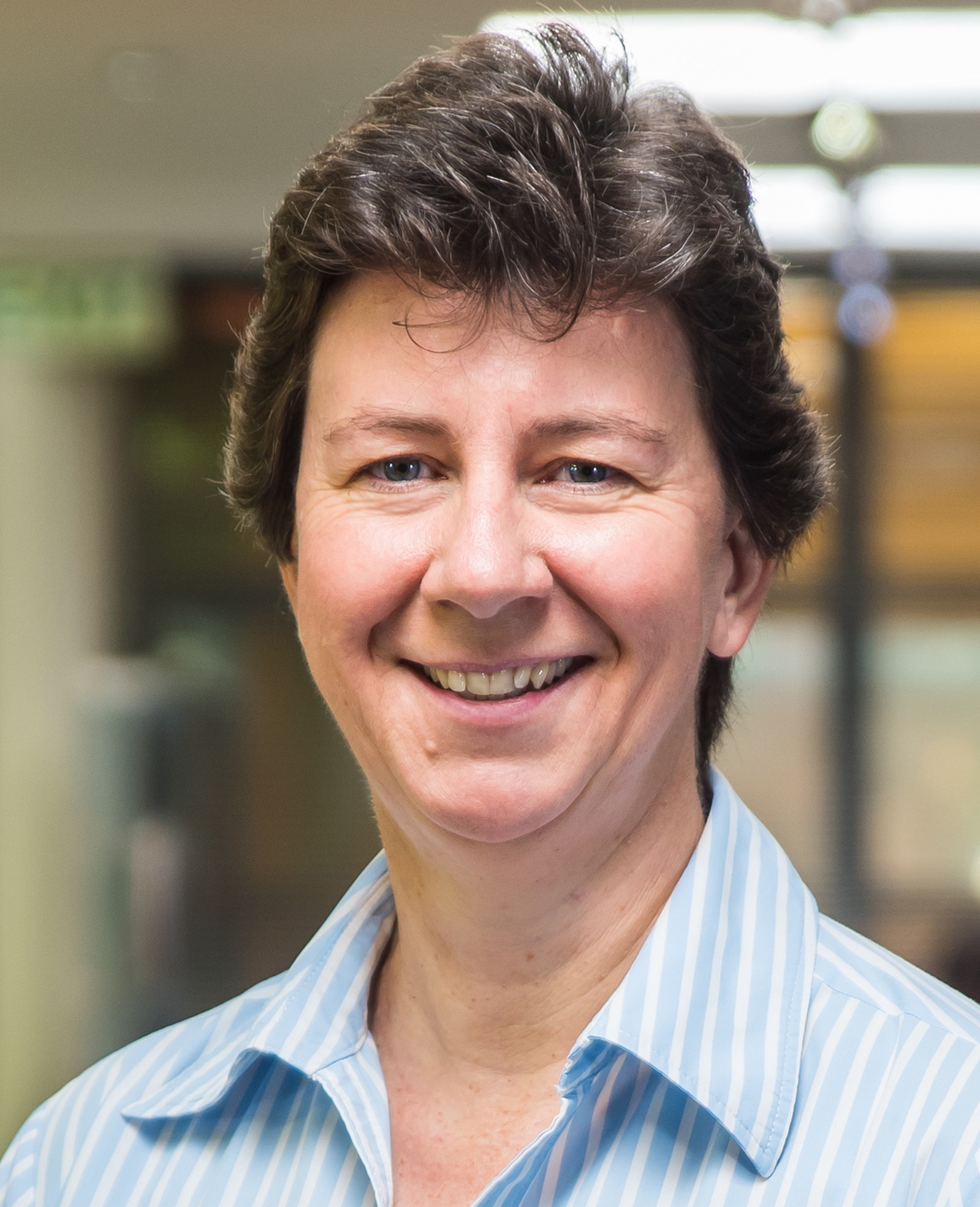Green industrialization: “Create opportunities and women will step up and run with them”
UNIDO

On International Day of Women and Girls in Science, UNIDO spoke to Professor Linda Godfrey, a principal scientist at South Africa’s Council for Scientific and Industrial Research (CSIR).
Godfrey manages the Waste Research, Development and Innovation Implementation Unit at the CSIR and is supporting the Department of Science and Innovation in its development of a circular economy roadmap for South Africa.
She also serves on the National Steering Committee of the UNIDO programme, “Economic Empowerment of Women in Green Industry”, which is making a significant push to improve leadership and participation of women as entrepreneurs and industry professionals, while also advancing green industrialization. The programme, underway in Cambodia, Peru, Senegal and South Africa, is assisting policymakers and practitioners with the establishment and implementation of a policy framework to integrate gender and green industrial policies.

INTERVIEW:
Who has influenced your career? Who has supported you?
Towards the end of my under-graduate degree in Geology and Chemistry, I was very fortunate to receive a bursary from the CSIR in South Africa, which allowed me to go on and complete my Master’s degree in Geohydrology. It also provided me with a place to work, fresh out of university as a young, inexperienced graduate. It’s been a great organization to work for over the past 26 years, both in terms of the variety of research projects that I have been exposed to over the years, but also the level of expertise of my colleagues.
I have had some great mentors along the way who have invested their time in me, probably because I was really eager to learn. I worked for a number of years before deciding to do my PhD, because I wanted to make sure I chose the right topic, a topic that would help build the career I wanted. Studying for a PhD part time, while also holding down a full-time job, is certainly a test of commitment and determination, but after seven years, I received my PhD in Engineering from the University of KwaZulu-Natal, South Africa, specializing in solid waste management.
My family was very supportive of my career choice, despite perhaps being concerned that geology was an odd choice for a young woman. But I knew from a very young age that I wanted to be an environmental scientist. I am grateful that my parents supported that and also arranged for me to speak to professionals working in the sector, just to be sure I was making the right decision. Coming from a family with a very strong work ethic, I am not afraid to put in the long hours to ensure a high standard in both my and my team’s work, because building a career in the sciences typically requires putting in more than the standard 40-hour week.
What specific industry are you working in?
I have been working in solid waste research and development (R&D) for the past 19 years. For the past five years, I have been managing South Africa’s 10-year Waste R&D and Innovation Roadmap, a strategy of the national government aimed at strengthening the country’s R&D and associated investment in waste management. The aim is to support more effective decision-making; faster insertion of context-appropriate technology; facilitate export of know-how and technology; and strengthen waste R&D and Innovation capability and capacity.
I do not remember actually choosing to work in the waste sector. It was a sector that “chose me” – and I hear this a lot from fellow colleagues. As a geohydrologist, I started off monitoring the impact of landfill sites on groundwater resources and that just developed into a passion for the waste sector.
It is a very interesting time to be involved in the waste sector, as we are seeing the discussion move from end-of-pipe management, to the concept of a secondary resources economy, and now, to a circular economy. I believe we are going to see incredible social and technological innovations emerge in this sector in the next few years. Transitioning to a circular economy is going to provide societies with interesting challenges, which means we are going to need bright and passionate young scientists, engineers, and technicians to help solve these challenges.
What barriers have you faced as a woman working in green industry?
I have been very fortunate to have received more support than I have faced barriers. Part of it, I believe, is South Africa’s, and the CSIR’s commitment to gender equity. While I often sit in meetings where I am the only woman, I have never felt excluded. Or, maybe it is because I do not pay attention to that, and I simply focus on delivering the highest quality work.
What opportunities do you see for other women?
Women bring a unique set of skills to the waste sector which I believe we need more of. Certainly, as we transition from a linear to a circular economy, we are going to need diverse skill sets, with a clear place for men and women, young and old.
It is great to see so many young female scientists taking an interest in the concept of “waste as a resource”, which provides opportunities for value recovery through innovation. Through the Waste R&D and Innovation Roadmap, we have been also able to invest in young female scientists and engineers undertaking Master and PhD degrees. Of the 51 students supported through the Roadmap to date, 57% have been women.
What is your vision for the future of green industry in your country?
With the South African economy having slowed, and with a growing unemployment rate, it would be great to see how transitioning to a more circular, green economy could unlock new businesses, including entirely new business models. We have seen how sharing economy businesses like Uber and Uber Eats have taken off in South Africa, and I believe there are untold opportunities for entrepreneurs in this sharing economy space. We just need the right platforms to unlock these opportunities – combined with bright, enthusiastic young minds that look at the world differently. And we need to make sure we have an enabling environment for these businesses to thrive. There is also opportunity for big industry to improve their resource management, and reduce their waste generation through cleaner production mechanisms, reducing costs and improving efficiencies.
What would you advice would you give to women and girls who want to follow your steps and be part of this industry?
Follow your passion, work hard, and build a career that aims to make a real difference in the world. This is not just a “job”, but an opportunity to address very real environmental and social challenges facing your country or region. Of course, partnerships are key to this, so build and nurture your networks with key stakeholders. And know that all of this takes time. Finally, accept that you will make mistakes along the way, it is part of the learning process.
What should policymakers do to make things easier for women to join in with green industry?
Create opportunities and women will step up and run with these.
Do you have any anecdote that you would like to share with the women and girls reading this?
A highlight for me was engaging with other women working in the waste sector at the international Women of Waste (WoW) launch in Baltimore, USA, in 2017, an initiative of the International Solid Waste Association (ISWA). It was amazing to hear fellow women’s stories, and how every journey is different, but how they are all making a positive contribution to their sectors. It is important to find a “community” of fellow professionals that you can belong to.
For more information on UNIDO's programme, “Economic Empowerment of Women in Green Industry”, please contact:
Ozunimi Iti